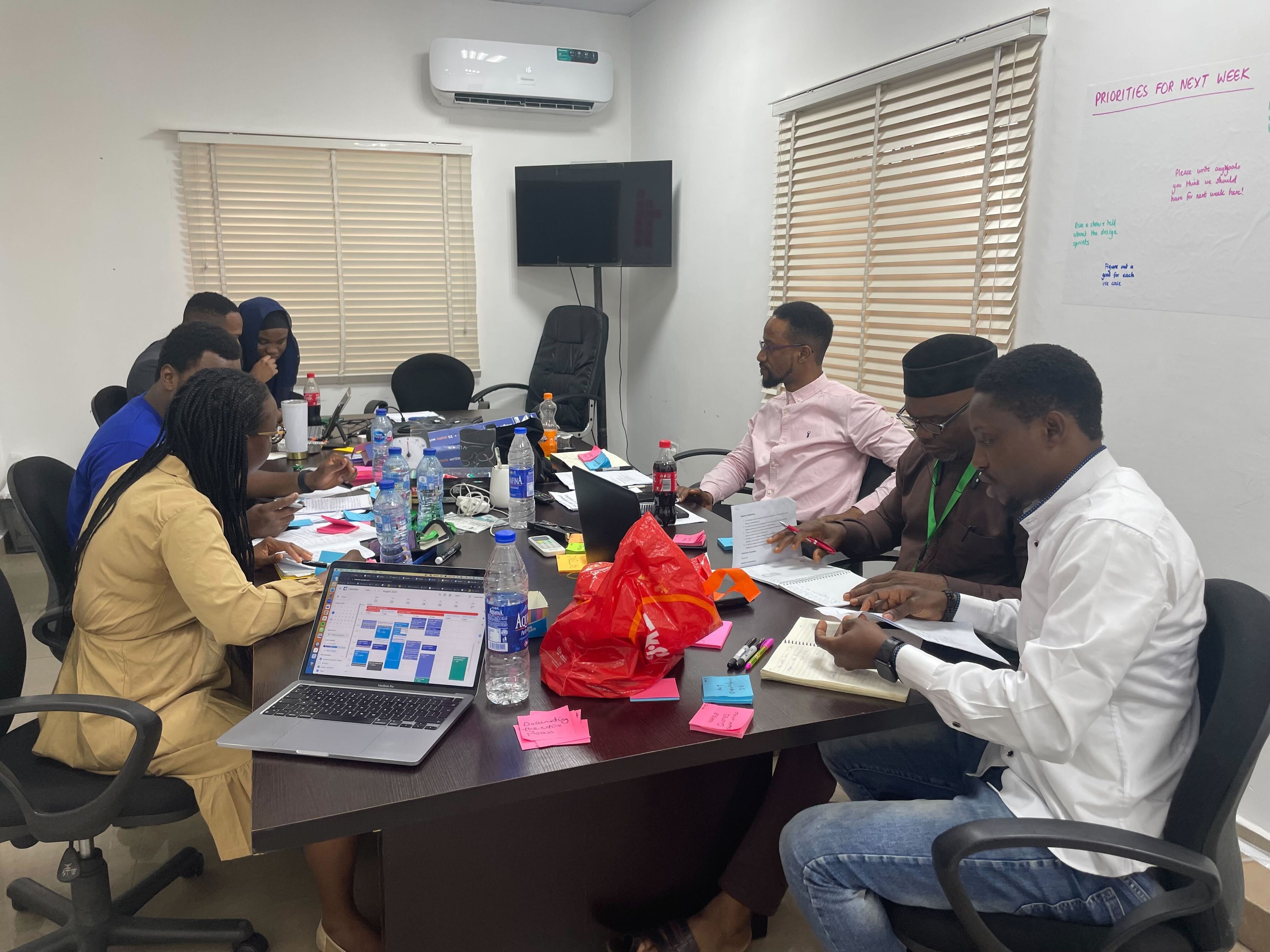
Global institutions
We help funders accelerate progress towards Sustainable Development Goals by building lasting digital capability.
Edo State is uniquely well-positioned to leverage digital technology. As a critical transit hub, Edo State has relatively high internet access (70%) and a young population (median age of 21) ready to embrace digital. However, digital transformation can only be realised when supported by cross-government collaboration, an actionable vision for change, and public sector digital capability.
Edo State’s strategic agenda is set out in ‘Vision 2050’, an ambitious blueprint to make Edo State the best place to live and prosper in Nigeria by 2050. This vision for change focuses on making the state’s administration more efficient, transparent, and citizen-centric. Digital transformation is central to this vision, and is underpinned by four interconnected drivers:
People - training and capacity-building to embed technical skills and digital era ways of working.
Culture - targeting change in priority areas to achieve the desired ‘to-be’ model.
Process - redefining processes and clarifying roles and responsibilities to streamline and improve operations.
Technology - adopting and integrating the right digital tools and platforms.
In 2023, Public Digital began working with the Edo State government to help them realise their ambitious vision for digital transformation. Our remit was to rapidly build the digital capability of civil and public servants to enable the delivery of user-centred, sustainable, and inclusive services for Nigerians with a particular focus on improving the lives of women and other socio-economically marginalised groups.
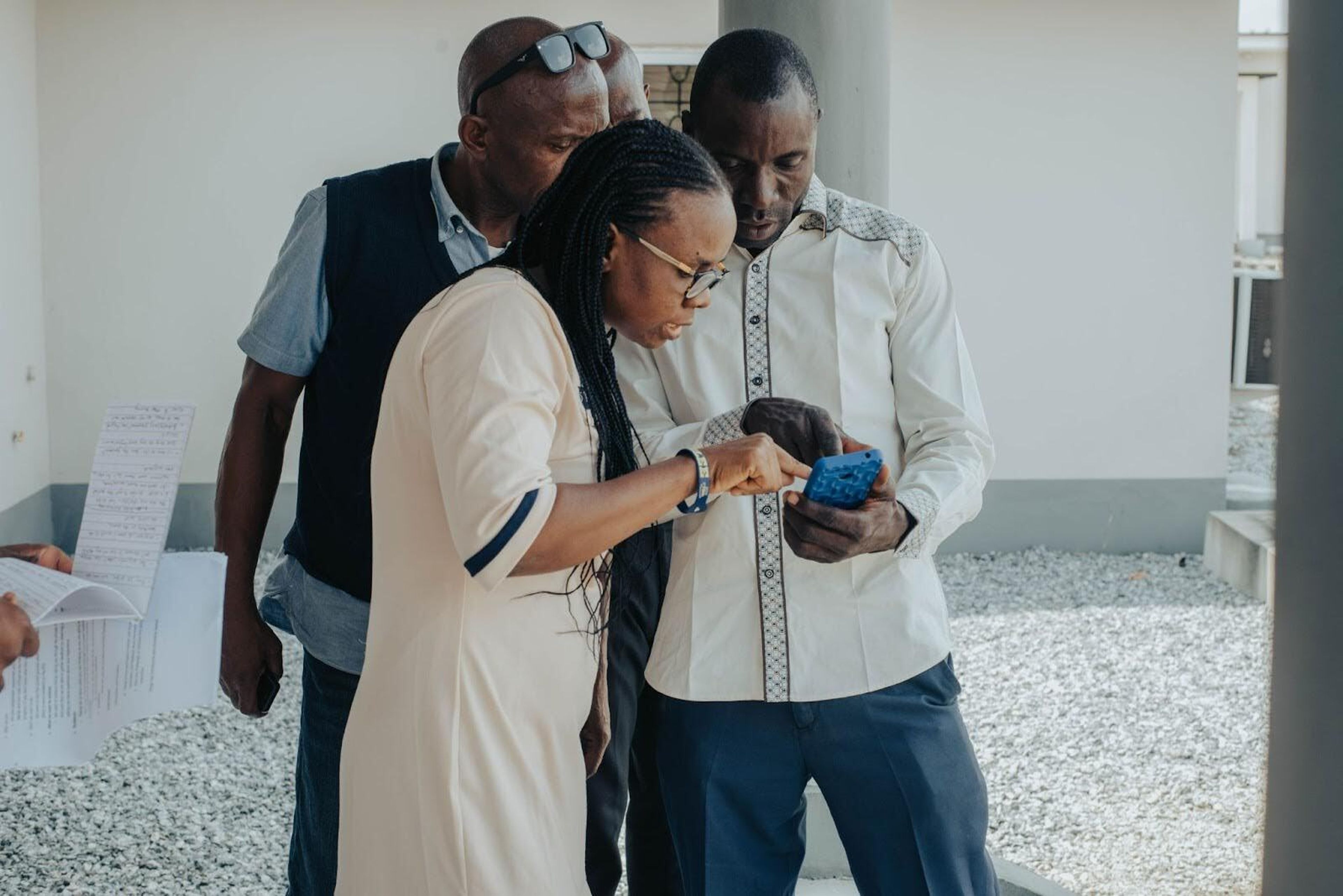
We began by developing a bespoke digital maturity assessment for Edo State, drawing on the Harvard Kennedy School Maturity Model for Digital Services. This comprehensive assessment involved engaging over 100 stakeholders across government, the wider digital ecosystem, and end-users/citizens; and carrying out a review of existing resources and documentation.
We identified design sprints as the most effective way of scaling design thinking across the Edo State Government. We set-up multidisciplinary teams, facilitated a user-centred approach to identify challenges with digital initiatives, and made recommendations to the political leadership. Adopting this design sprint methodology ensured the teams acquired first-hand experience of digital through learning-by-doing, and were better equipped to apply this knowledge to future service design and delivery.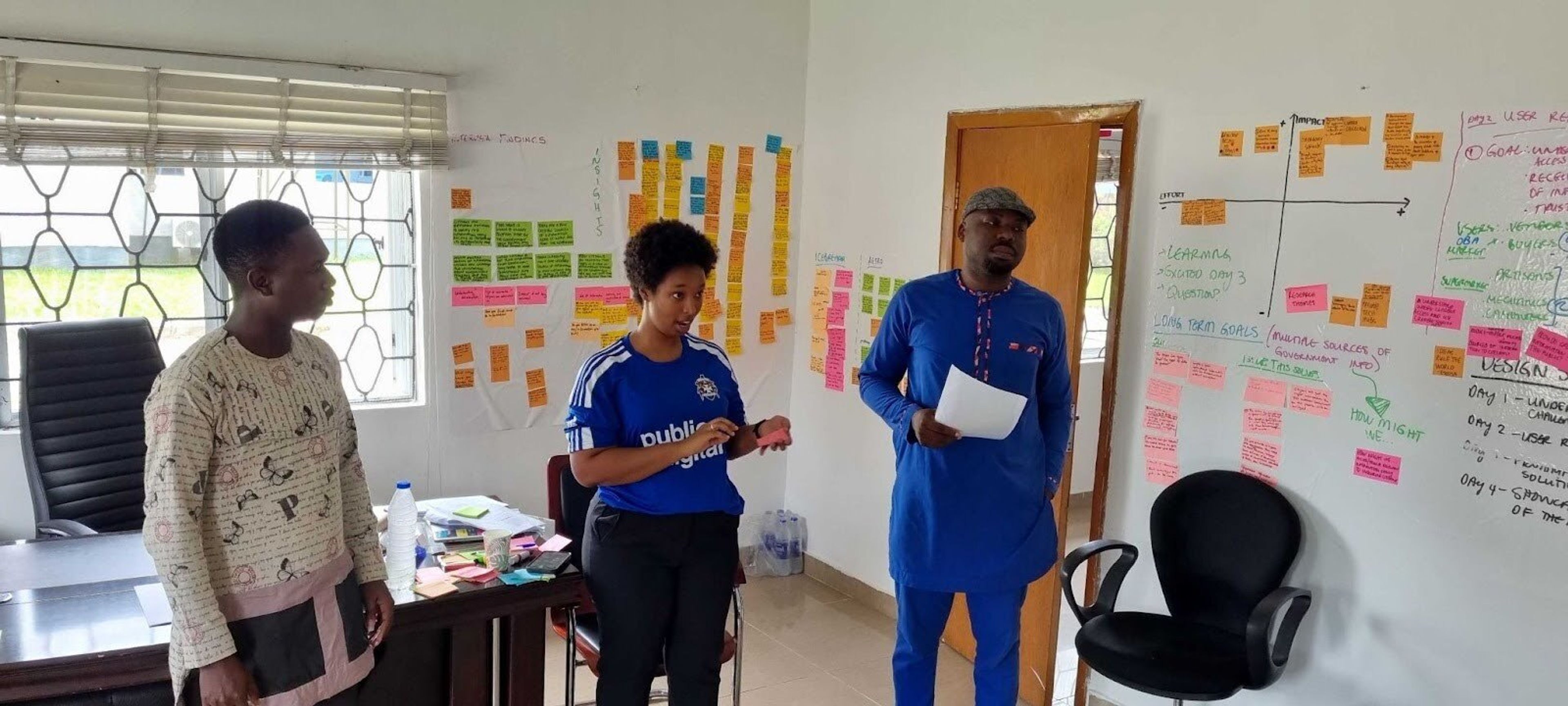
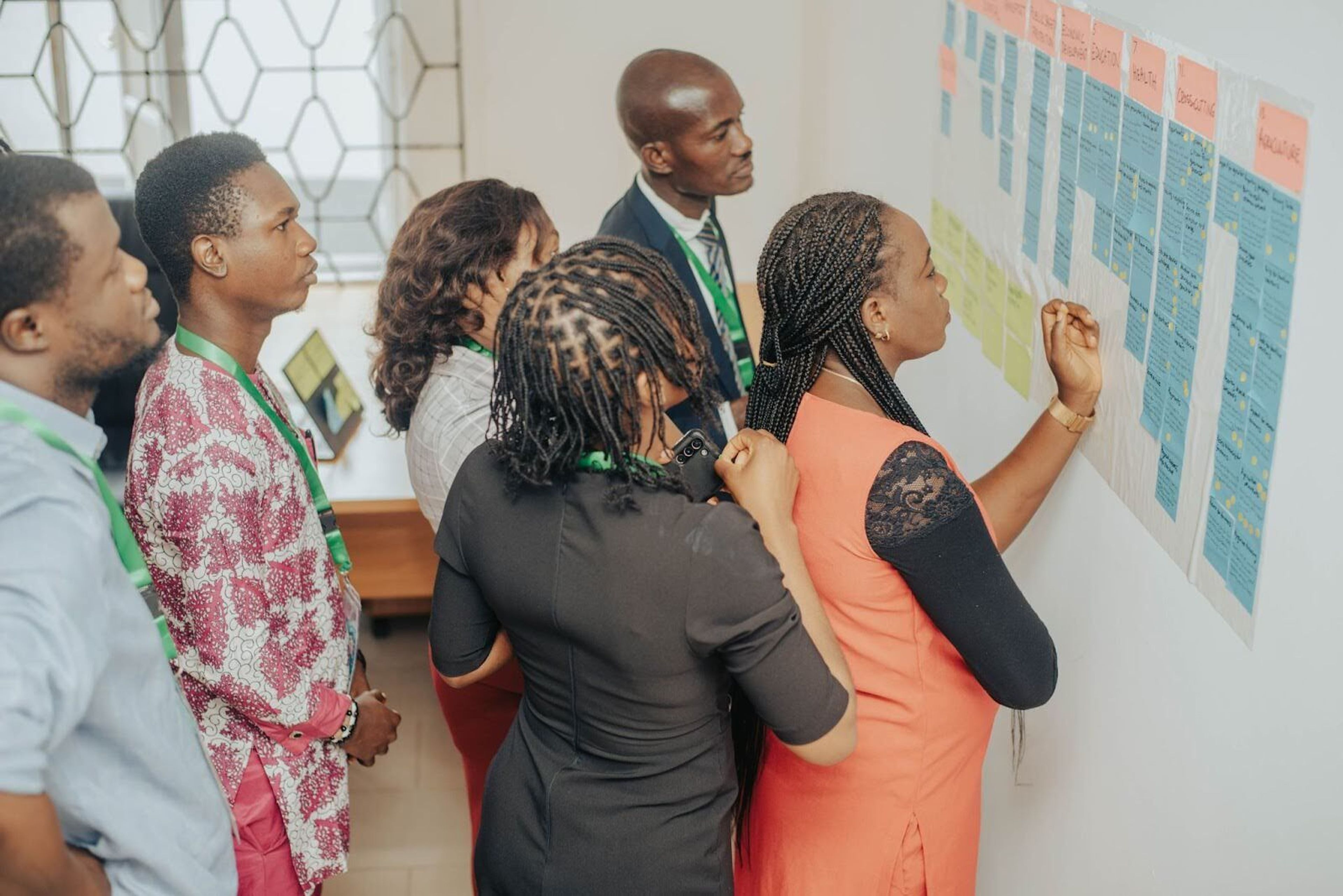
To set-up design sprints to be scalable and sustainable, we partnered with the strategic government department to leverage their existing network of Change Agents to build a cohort of ‘digital champions’. These champions became the pipeline of sprinters, representing different Ministries, Departments, and Agencies (MDAs).
We launched a train-the-trainer model to ensure the sustainability and scalability of the project from the outset. This approach delivered on the government’s priority to extend digital expertise to as many civil servants as possible, rather than using beacon services to embed digital capability. We coached the digital champions to become design sprint co-facilitators, and eventually lead their own teams, and coach other civil and public servants to become sprinters and co-facilitators. We developed a Design Sprint Playbook to support the rollout of the train-the-trainer model.
Working with the existing network of Change Agents in this way helped us to increase the pace and scale of the project. This also helped to ensure the sustainability of this approach, and the likelihood that design thinking skills would be adopted and sustained beyond our engagement.
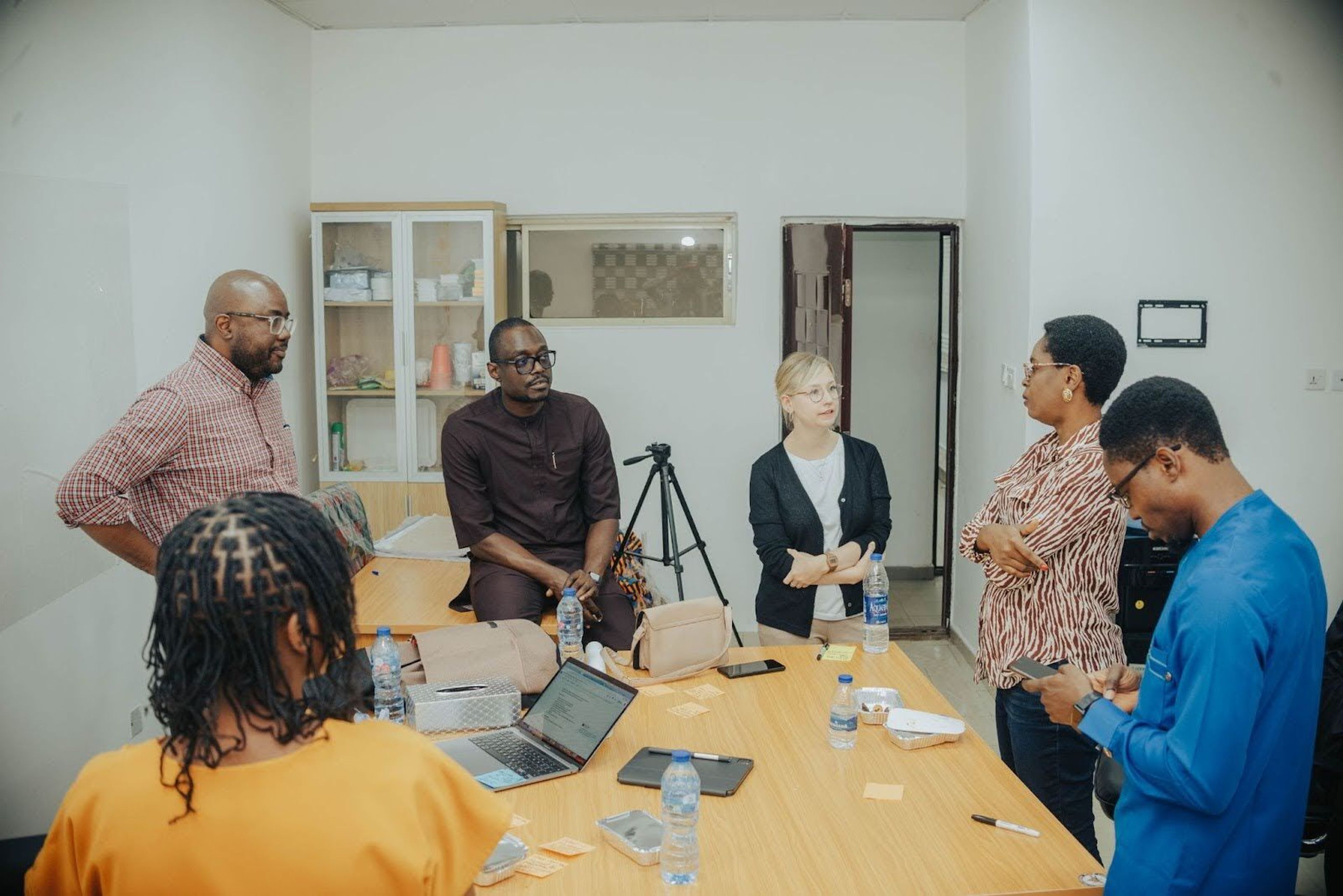
Efeosasere Okoro, Head of Digital, Edo State Digital Governance and Data Management Agency (Edo DiDA) and Senior Special Assistant (SSA) to the Edo State Governor on Strategy, Policy and Projects
“The design sprints were novel. For the first time, civil servants learnt to solve problems and to deliver policies and services with end users at the centre. Your approach was impactful because you showed us how design sprints work and transferred the skill to the government by ensuring that civil servants led the design and delivery of subsequent design sprints.
"We looked forward to them, and are now applying the skill to the work of the new Edo State Digital Governance and Data Management Agency. We are also applying the skills to existing and new services.”
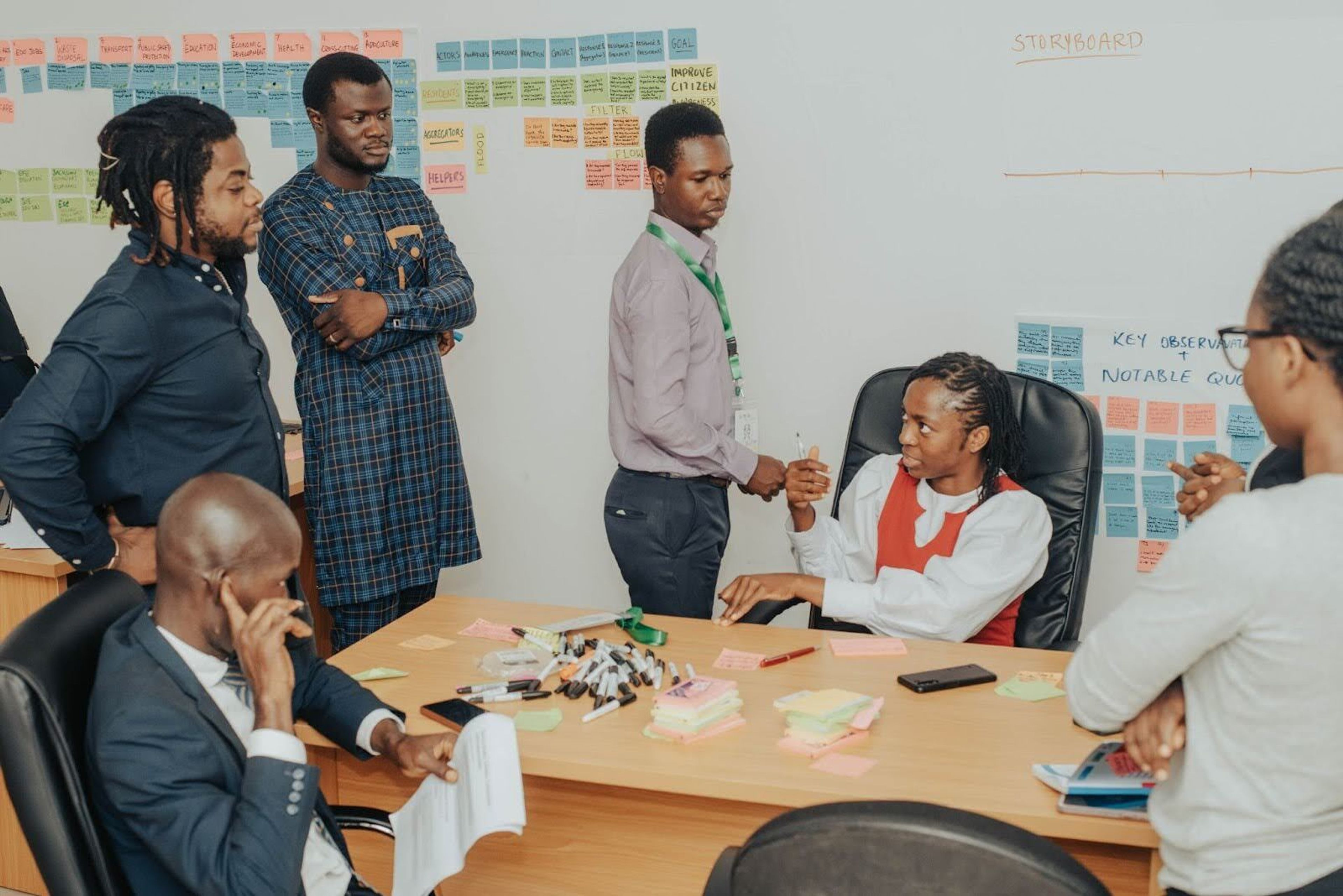
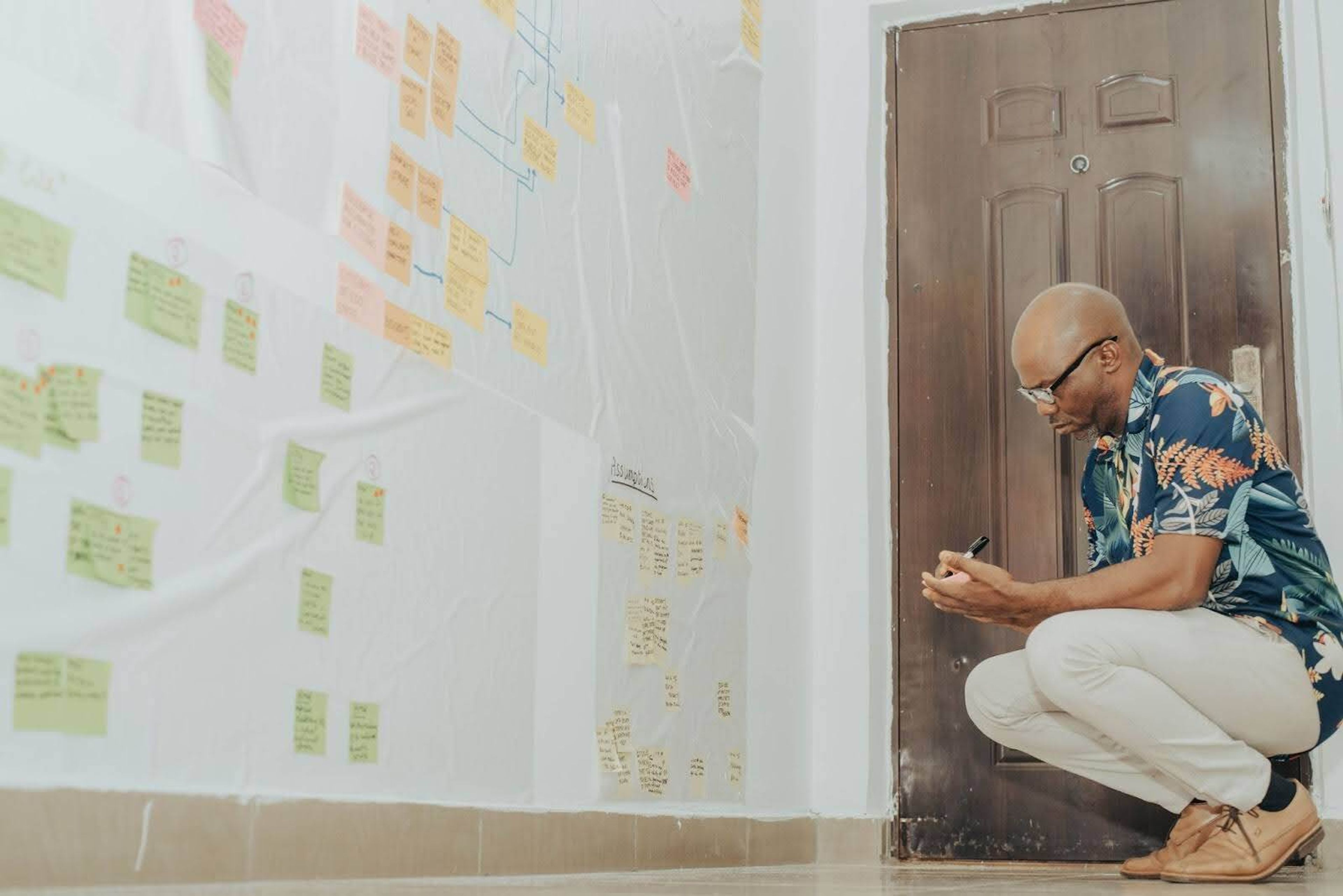
We have empowered Edo State civil and public servants to deliver inclusive, user-centred services to improve lives across marginalised communities. Working collaboratively, we have:
Launched a new, user-centred problem-solving approach into Edo State’s public service design methodology through the use of design prints. Public and civil servants have adopted an agile and iterative approach to service design; and developed a confidence in solving problems collaboratively alongside colleagues.
Embedded scalability and sustainability into Edo State’s approach by equipping their existing network of ‘Change Agents’ with the knowledge and skills to become digital champions and sustain the train-the-trainer model beyond our engagement. In three months, we coached 50 sprinters and built a pipeline for 100+ sprinters to facilitate future design.
Broken-down silos in government to help Edo State realise new opportunities through greater collaboration. We have, for the first time, brought together civil and public servants from different Ministries, Departments, and Agencies (MDAs) into multi-disciplinary, multi-seniority teams. This has created a newfound appreciation of different views and embedded a service design approach underpinned by knowledge-sharing and collective intelligence.